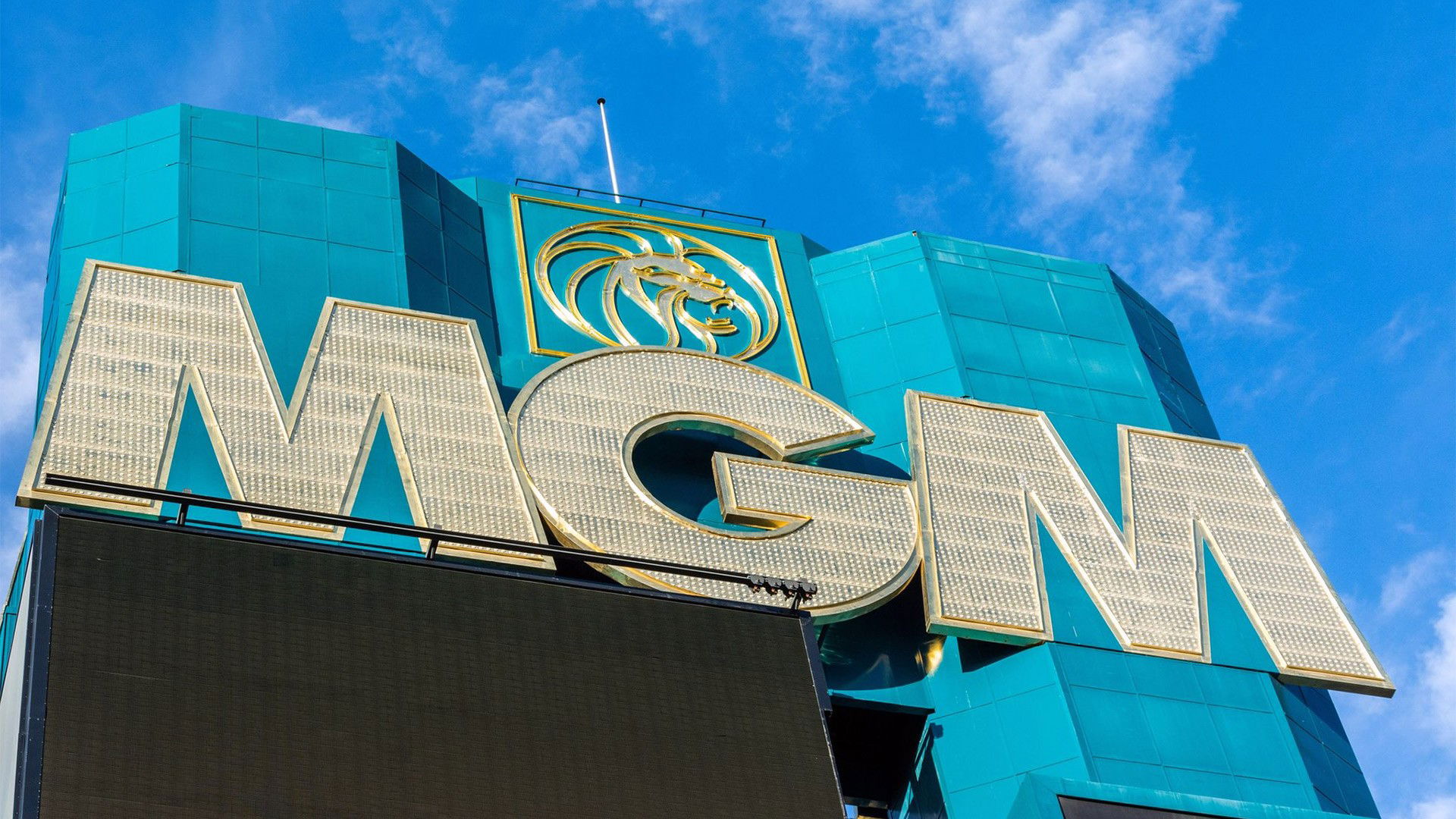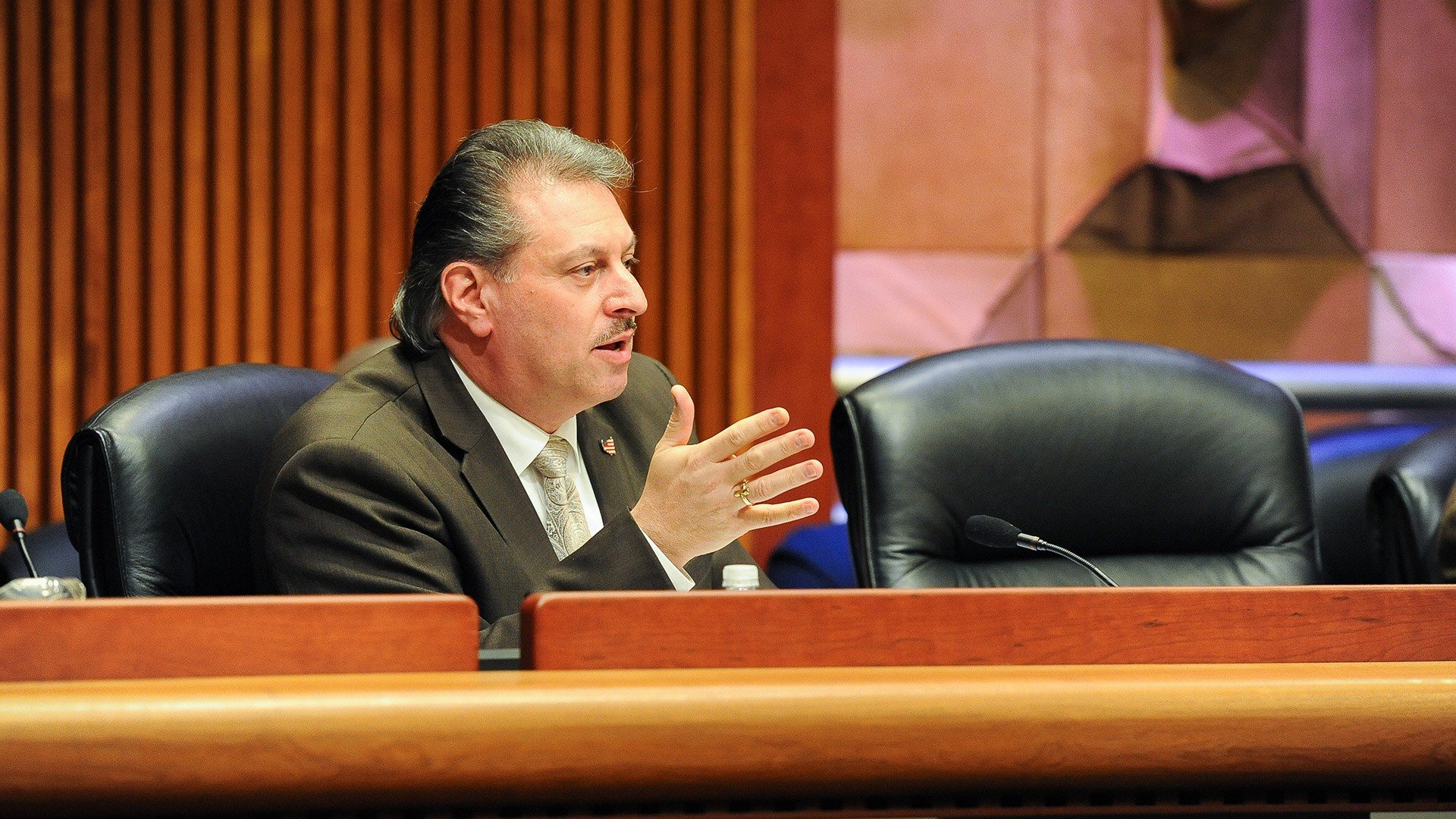Michigan officially joins multi-state agreement for online poker shared liquidity; pool of participants to potentially double

Michigan has now signed a multijurisdictional poker agreement allowing internet players in the jurisdiction to compete across state lines. Players in the Great Lake State can now compete against poker enthusiasts based in Delaware, Nevada and New Jersey.
The agreement was signed by Michigan Gaming Control Board Executive Director Henry Williams, and grants the state membership in the Multi-State Internet Gaming Agreement. News that Michigan would be joining was first unveiled last month, but the state’s entrance was dependent on the full execution of the agreement by the state, which has now been completed.
“I am happy to announce Michigan has joined the multistate poker compact, and much of the increased tax revenue from multistate poker will go to support K-12 education in Michigan,” Williams said. “By joining, Michigan will almost double the potential pool of participants in multistate poker games.”
The Michigan Legislature in December 2020 passed a bill to allow the MGCB to join a multijurisdictional poker compact, giving Michigan residents the ability to compete with poker players in other states. Sen. Curtis Hertel (D-East Lansing) sponsored bill PA 327, which was signed by Gov. Gretchen Whitmer on Dec. 29, 2020.
Language allowing multijurisdictional play was initially omitted from an original internet gaming law (PA 152) that was signed in December 2019. The 2021 Michigan law limits multijurisdictional internet gaming play to poker.
“Michigan poker players will enjoy more options and will likely play for bigger money when they can compete against players from other states,” said Sen. Hertel. “I am glad we were able to make this possible for Michigan poker players.”
In order to obtain MGCB authorization to launch multistate poker, licensed operators and associated platform providers must complete a number of steps, the Michigan Gaming Control Board says. The body issued this April guidance on participation requirements for these parties.
To launch, operators must meet all conditions and requirements established in the multijurisdictional agreement and conduct multistate poker involving only the jurisdictions in the agreement. They must also secure approval for new platforms or platform modifications, new remote gaming systems, and new game software.
PRESS RELEASE: The Multi-State Internet Gaming Association announces the entrance of the State of Michigan as a party to the Multi-State Internet Gaming Agreement. More here: pic.twitter.com/Gw1o70g8rU
— Nevada Gaming Control Board (@NevadaGCB) April 6, 2022
Technical security standards information, plus review and inspection, are required for a new data center, and the agency must give written approval for servers capable of receiving wagers located outside of the State of Michigan.
Additionally, any new suppliers used in connection with multistate poker must obtain internet gaming supplier licenses -including new platform providers-, and new vendors may be required to register with the MGCB. New operator or platform provider employees involved in multistate poker may also need to obtain occupational licenses from the Gaming Control Board.
“The operators still have work to do before Michigan residents may join multistate poker games,” Williams said. “The MGCB must make sure Michigan residents are protected when they play multistate poker, and we will apply the same rigor to review the new offering as we have other internet games.”
Currently, three licensed operators and providers offer online poker in Michigan: MGM Grand Detroit with BetMGM; the Grand Traverse Band of Ottawa and Chippewa Indians with World Series of Poker; and the Little Traverse Bay Bands of Odawa Indians and provider PokerStars.

The Multi-State Internet Gaming Agreement was first entered into by Nevada and Delaware in 2014 to share liquidity among patrons participating in legal forms of iGaming within the geographic boundaries of the jurisdictions. States signing the agreement join the Multi-State Internet Gaming Association.
The Association, a Delaware corporation, manages the affairs of member states that are part of the Multi-State Internet Gaming Agreement. Currently, Michigan and Nevada offer online poker to member states, while Delaware and New Jersey offer a full array of online gaming.
The Great Lake State now becomes the fourth member of the association and follows New Jersey’s entrance to the agreement in 2017, which expanded the association’s shared liquidity to full online casino gaming. While the agreement is currently limited to four states, “it is possible more states may join,” an MGCB statement says.
In addition to creating the Multi-State Internet Gaming Association, the agreement also led to the Multi-State Internet Gaming Board, tasked with governing the MSIGA. Each member state elects a representative to the board, which is in charge of approving new members, games and modifications to the original agreement.
The MSIGA now welcomes a new member that has reported very positive results thus far in its online gaming endeavors. Michigan’s sportsbooks and online casinos posted about $4 billion in sports bets and more than $1 billion in gross gaming revenue from iGaming in 2021, their first year of operations, a debut among the best in U.S. history.

















































